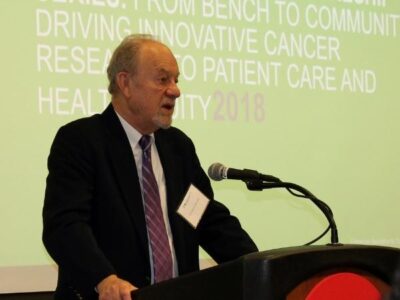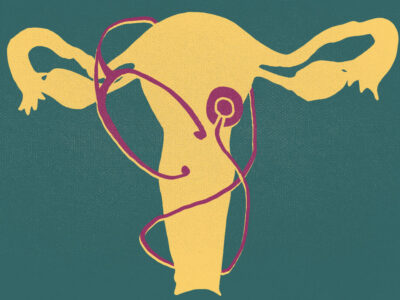Richard B. Warnecke, PhD, a longtime member of the University of Illinois Cancer Center and a national leader in cancer control research, died Aug. 19. He was 84.
The California State Legislature passed the California Cancer Care Equity Act (SB 987), a bill that would expand access to specialized cancer care for Medi-Cal patients who receive a complex cancer diagnosis.
Research shows that cancer patients who receive navigation have improved survival, access to advanced care like clinical trials, and services like genetic testing and palliative care. Navigation often results in increased screening and patients receiving treatment sooner, resulting in improved quality of life and more cancer-free days.
Karen E. Knudsen has spent the past year bringing the American Cancer Society into the 21st century.
As conservative legislatures take the cue from the Supreme Court’s overturn of Roe v. Wade by enacting abortion restrictions, oncologists in many states are scrambling to figure out how to best care for their pregnant patients, said Alice Mims, a hematologist-oncologist at the Ohio State University Comprehensive Cancer Center – James.
A journey through cancer treatment can be grueling, unforgiving, and treacherous for both patient and physician. But what happens when a pregnancy complicates the treatment?
Following the Supreme Court’s June 24 ruling on Dobbs v. Jackson Women’s Health, the Cancer History Project has created a timeline of the regulatory history of women’s reproductive rights based on news stories from The Cancer Letter that track the impact of “pro-life” policies on cancer research and cancer care.
In a survey of nearly 1,200 recent cancer patients and survivors conducted as part of the American Cancer Society Cancer Action Network’s Survivor Views project, more than 80% of respondents said they would be willing to use remote technologies and tools in a trial.
When Jill Hawkins realized that she was six weeks pregnant this March, her oncologist gave her two options.
Now that the constitutional right to abortion has been eliminated, U.S. healthcare providers have to choose one of three options: give up abortion services, relocate, or wrangle with enforcement and unfriendly state legislatures.













